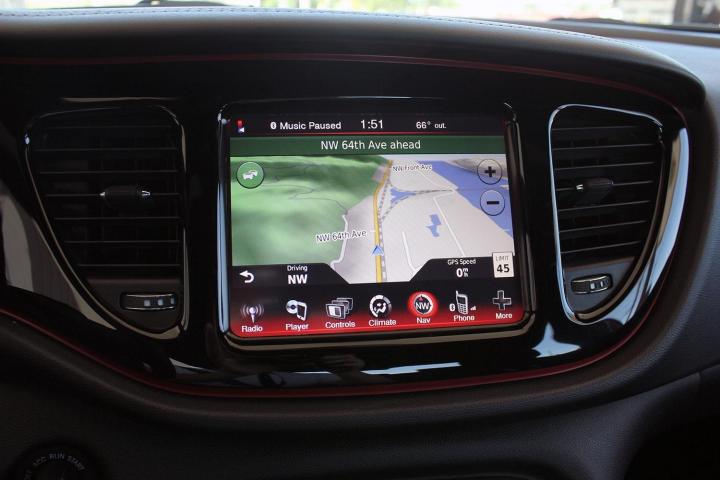
Initially, only two national parks, the Rocky Mountain National Park and Yosemite National Park, were participating in the practice, but Grand Teton National Park is the latest to join with the help of researchers from Penn State University and Utah State University. Park spokeswoman Jackie Skaggs told the Associated Press, “It’s going to help us better understand the expectations, the motivations and then the ultimate experiences that people have.”
People seem largely open to the notion of being tracked as they explore the natural beauty of the parks, with between 80 and 90 percent of those asked accepting the light burden of carrying around a GPS receiver on their journeys. In fact, researchers said, people have been relishing the opportunity to make a positive impact on parks, with Peter Newman, a professor in Penn State’s College of Health and Human Development, noting, “People love their parks. They love to answer questions and know that their voice is being heard in some way.”
Using the data collected from these GPS’s, researchers can determine whether and where to add parking lots, restrooms, and even additional trails in congested areas. Officials should be able to see precisely which trails are the most popular, and to learn how people choose to spend their time in the great outdoors.
“It’s getting people to the right place at the right time,” Kevin Heaslip, a Virginia Tech professor, told the AP, “so they have a better experience while they’re at the park.” And for most people, if that means being GPS-tracked for awhile, that’s a perfectly fine trade-off.


